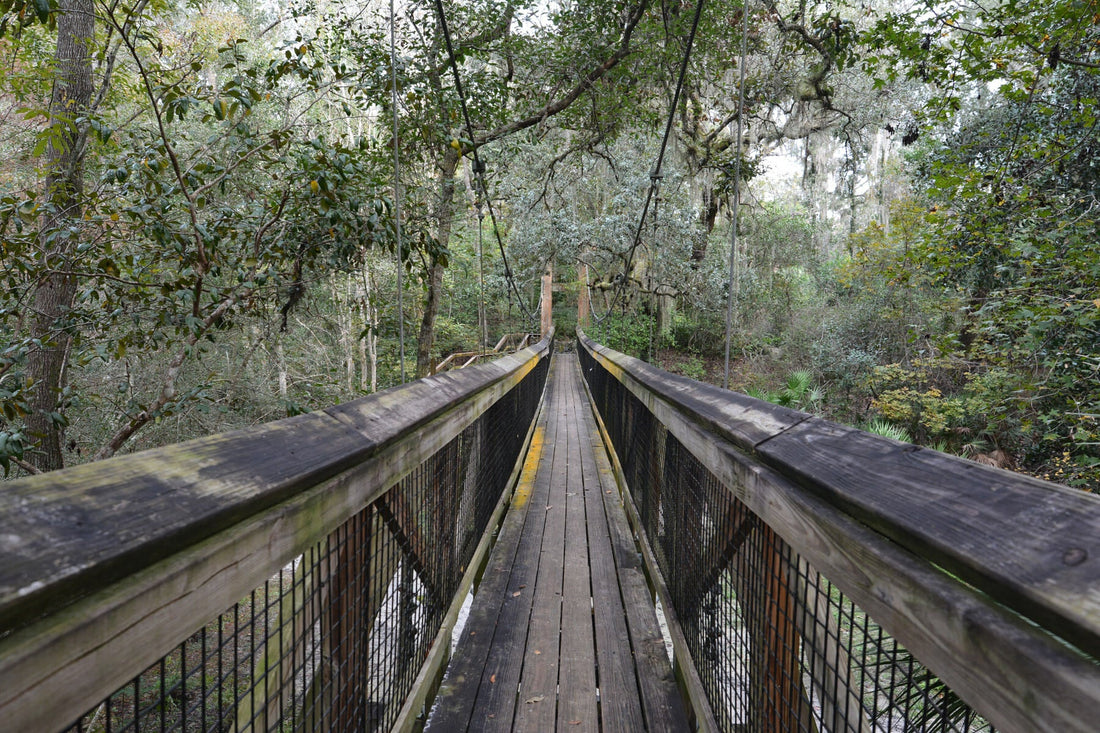
Whistleblower vs. The DEP: James Gaddis Sues Over Secret State Parks Blueprint
Share
James Gaddis, once tasked with mapping secret proposals for state park developments, has filed a lawsuit against the Florida Department of Environmental Protection and the DeSantis administration, alleging wrongful termination and retaliation under the Florida Whistleblower Act. In late summer, Gaddis leaked internal plans that revealed intentions to dramatically alter nine parks—adding golf courses, hotels, pickleball courts, and other amenities in otherwise protected habitats. According to his complaint, he was told around August 1 not to discuss the initiative, and by August 20, he had provided maps to a third party, which led the Tampa Bay Times to break the story.
The leaked documents sparked a statewide uproar. A groundswell of bipartisan criticism and local protests. Such as those at Honeymoon Island State Park, prompted the Florida Legislature to pass the State Park Preservation Act in May. Explicitly banning such commercial development on public parkland. One of Gaddis’s suit’s pivotal points is that the plans were created in a cloak of secrecy and with undue influence from the governor’s office, leading Gaddis to describe his own work as mapping “a future crime scene”.
Gaddis was swiftly placed on administrative leave and fired following his admission to leaking the documents. In response, portions of his employment record some detailing prior personnel issues were released by the DEP and the Agency for Health Care Administration the next day, in what his lawsuit characterizes as smear tactics. He filed his civil complaint in Leon County circuit court on May 29, seeking at minimum $50,000 and demanding justice for what he deems “disparate treatment and retaliation”.
The public rallying behind Gaddis has been remarkable. A $250,000+ GoFundMe campaign supports him in his legal battle, acknowledging the personal cost of speaking out. Many Floridians view his actions as a stand against the privatization of public lands and a victory for transparency in government.
These events carry significant implications for Florida's environmental and political landscape. First, the enactment of the State Park Preservation Act confirms a renewed legislative emphasis on protecting natural areas. Second, Gaddis’s lawsuit could establish new legal protections for whistleblowers who expose environmental threats. And third, the episode casts a spotlight on how far-reaching the governor’s influence may be within state agencies raising questions about separation between political agendas and public stewardship.
As this courthouse drama plays out, Floridians and park advocates are left to consider what truly belongs in public parks and what belongs in the public domain.
